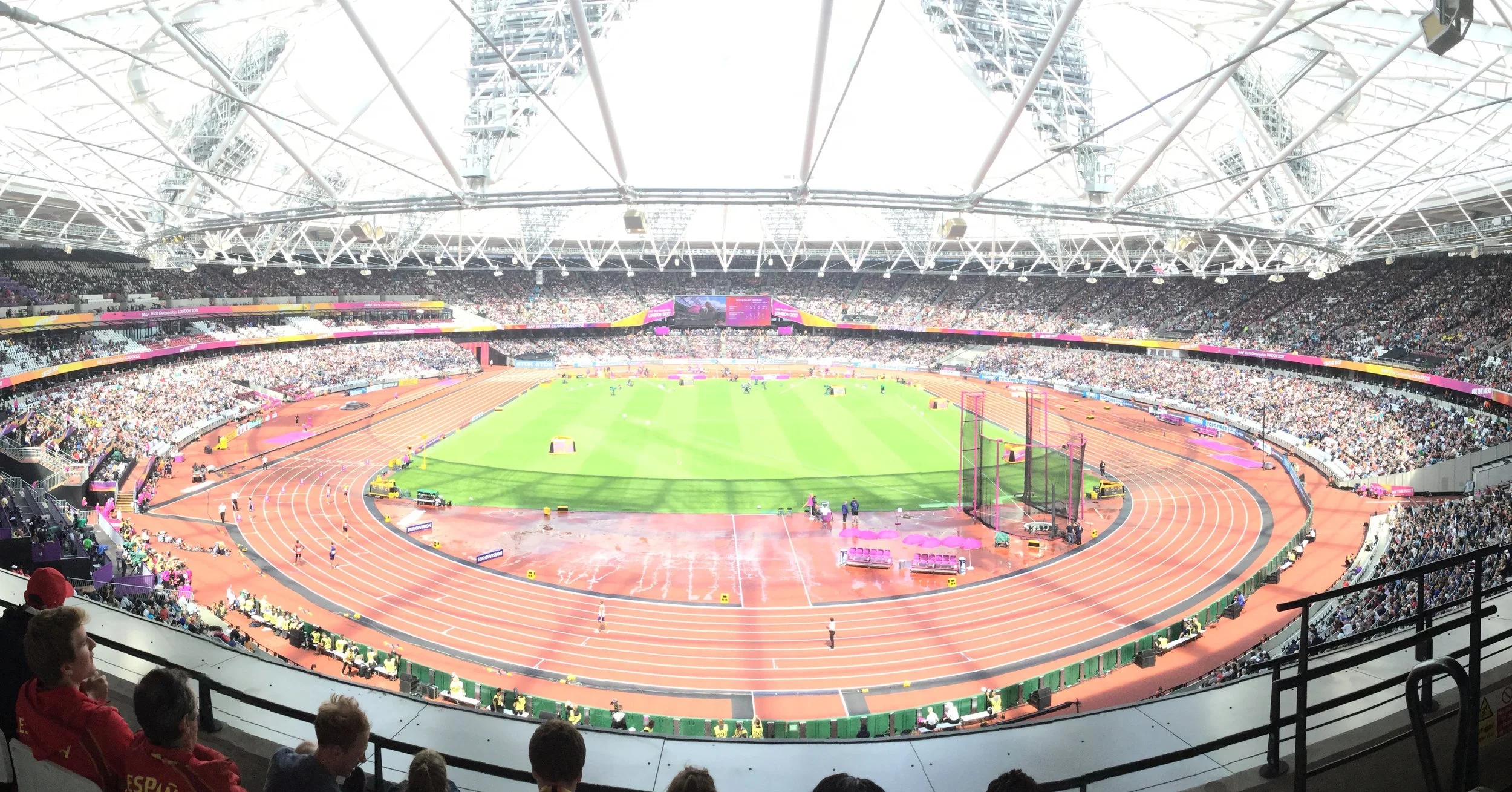Coaching is characterised as a judgement and decision making process. Practitioners and indeed most professionals who work in human performance are de facto coaches of humans. As such, the quest that unites coaches in different sports and practitioners across disciplines is to develop our professional judgement and our ability to make better choices and decisions over time. There is no endpoint to this journey and so the need to continually hone our judgement and decision making applies irrespective of what stage we are might be at in our career. That said, the question of how we best develop these skills for practitioners at the start of their career versus catering for these aspects in continuing professional development thereafter will likely require different solutions.
Where Do We Draw the Line in Elite Sport?
Recent scandals, including multiple allegations and criminal cases of serious abuse, have rocked sport around the world. Arguably the most egregious example is the case of USA gymnastics, which should serve as a cautionary tale for everybody involved in sport at all levels. Against this backdrop, there has been something of an avalanche of allegations of bullying and improper conduct that are presently playing out in the public sphere. In turn, this has prompted calls for national sporting bodies to be less obsessively driven by winning medals. The perils of the ‘winning at all costs’ mentality have been cited as the reason behind the toxic environments and climate of fear that has been alleged in multiple sports, notably in the investigations that are presently ongoing within the UK. But of course winning on the world stage does come at a cost, both financial and personal. So where should we draw the line?
The Evolving Role of Coaches and Coaching Beyond Sport
The Last Dance is a very recent example that illustrates how a glimpse into elite sport at ground level has the power to enthrall so many. In particular, the world of sport and coaching holds a fascination for leaders in business and commerce. Sport serves as a metaphor for much in the business world and the language used in meeting rooms across all sectors tends to be rife with sporting references. The growing use of the terms ‘coach’ and ‘coaching’ within organisations and different professional realms seems to be the latest example of this phenomenon. Or might there be more to this development?
First Do No Harm: Iatrogenics in Coaching and Practice
Iatrogenics is a term most commonly used in medicine. As attested by the Hippocratic oath (and the premise ‘First Do No Harm’), the medical profession is familiar with the concept that an intervention may pose potential risks and unforeseen consequences. In contrast, the idea that we may either not be helping or through our involvement inadvertently making the athlete worse off does not necessarily occur to coaches and practitioners. In this post we explore how iatrogenics applies in the context of coaching and practice, and make the case for considering potential risks as well as benefits before we intervene.
Marshalling the Mind Under Stress
High stakes and heightened emotions are characteristic of competitive sport, particularly at the highest level. For those who operate in elite and professional sport the presence of stress seems ubiquitous. Coaches and athletes alike regularly face high pressure scenarios where there is a great deal of expectation and much riding on the outcome. Anticipation of an important event, such as a big game, major competition, or selection trials naturally inspire a host of feelings, thoughts, and emotions, ranging from excitement to anxiety and even dread, sometimes simultaneously! In this post we explore how we can equip ourselves and help our athletes to meet the psychological and emotional challenges we will inevitably face on the journey.
Clues for Successful Youth Sports Parenting
Parents play a vital role in supporting their child to participate in youth sport. Parents are quite literally the driver, providing both the opportunity and transportation. Youth sports parenting is a full time job in itself, demanding considerable investment in terms of both money and time. It is parental support that affords kids the opportunity to participate and derive the myriad benefits associated with youth sports, which span athletic, health, scholastic, and life skill realms. Naturally, parents are invested in their child’s youth sports participation, and this investment often leads to increasing involvement. Yet despite the best intentions there are adverse consequences when parental involvement or intervention becomes excessive. In this Informed Blog post we unravel the complexity and challenges of being the parent of a youth sports athlete, and attempt to offer some clues to help guide parents to walk this fine line at different phases in the youth sports journey.
Emotional Aptitude in Athlete Preparation
Emotion has traditionally been viewed as something to be suppressed. The logic goes that as leaders and people in positions of authority we should be detached and act ‘without emotion’. If somebody is described as ‘emotional’ generally this is construed as a bad thing; when we become ‘emotional’ the implication is that we are no longer being rational or we are not capable of reason. Conventional wisdom advocates we avoid an emotional response or making emotional decisions. In contrast to these established views, more recent study in this area demonstrates that emotion is in fact integral to reasoning, decision making, guiding our behaviour, and our ability to relate to others. Emotional intelligence is accordingly becoming recognised as being at least as important as more established forms of intelligence. Indeed we increasingly hear commentators proclaim that ‘EQ trumps IQ’. In this latest Informed Blog we delve into the role of emotion in coaching and our work with athletes, and explore what aptitudes we need to possess in this area as leaders, coaches, and practitioners.
A Wake Up Call on Sleep
Sleep is essential to sustaining life. Yet the majority of us are casually dismissive when it comes to sleep. We routinely deny ourselves this most critical sustenance of our own volition. The attitudes towards sleep among high performing individuals in different realms and society in general are quite baffling. We also largely fail to make the connection between the reckless lack of care and attention we give to our sleep and the dizzying array of consequences that inevitably follow. Objectively this behaviour is bizarre, and our failure to prioritise sleep defies logic. With this latest Informed Blog we explore the myriad ways you lose when you don’t snooze sufficiently.
The Why, What, and How of Coaching Movement: Part 3
The current post is the culmination of a three-part series on coaching athletic movement. In the opening part of the series, we delved into the ‘why’, and sought to elucidate what roles we have to play in this space. With part two we got into the ‘what’, and proposed that the lenses of mechanical effectiveness and efficiency might unite our aims in both performance and injury realms. With this final instalment, we get into the ‘how’, and provide some practical guidance on how we might deliver what we outlined in part two, and ultimately fulfill the roles we identified in part one.
Major Competition Coaching
Major competition poses unique challenges not only for the athlete, but also the coach and wider support staff. From a logistical viewpoint there are a host of additional factors to manage, but on a more personal level, each member of the team must also manage themselves and how they interact with the athlete. In the crucible of a major competition environment the mettle of all individuals concerned is tested, and every member of staff connected to the athlete has a responsibility. In this post we will dig deeper on this topic, and explore ways we can support athletes in handling the pressures to compete at their best on the biggest stage.














